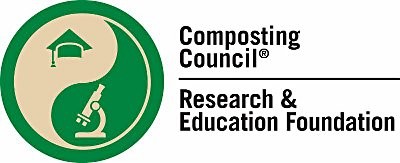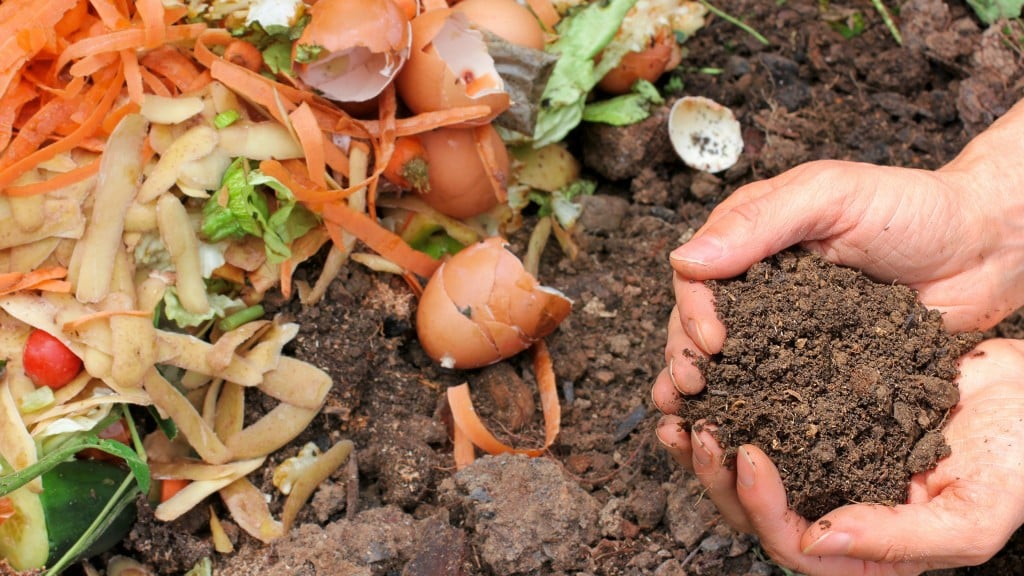Composting Council Research Education Foundation releases report on soluble salts in compost

Compost contains a multitude of essential nutrients for plant growth, such as nitrogen (N), phosphorus (P) and potassium (K), and can also be a source of organic matter. However, recent concerns and criticisms have been directed toward composts with a high concentration of soluble salts. Soluble salts refer to the amount of soluble ions, such as calcium (Ca2+), potassium (K+), magnesium (Mg2+) and sodium (Na+), present in compost. Soluble salts are measured indirectly and cumulatively through electrical conductivity (EC).
To bring clarity to this concern, the Composting Council Research & Education Foundation (CCREF), working with researchers from the University of Wisconsin Oshkosh, created an in-depth report looking at the question of soluble salt concentrations in compost. This report provides a literature review of soluble salt concentrations present in compost and the effects of applying composts with high concentrations of soluble salts on plant growth and soil. The methods of analysis included searching and evaluating published scientific articles, books and grey literature. Key words used in this literature search included: compost, salinity, electrical conductivity (EC), soil amendment, salt tolerance, and phytotoxicity. Eighty published sources were used in the analysis, of which 69 were scientific articles, three were books, and eight grey literature. By evaluating these sources, a holistic perspective of the benefits and issues surrounding high soluble salt concentrations in compost was formed.
"The CCREF Board of Trustees felt the issue of soluble salt content in finish compost was restricting the use of finished compost in projects and the latest research needed to be pulled together to address the issue. This white paper shows that high soluble salt readings in finished compost is not the single factor in determining whether it can be used in projects. Soil type, the salt content of those soils and the types of plants to be planted, need to be factored into whether a compost is appropriate for a particular project," explained Ginny Black, Chair of the CCREF Board of Trustees, on why the Foundation felt this project was important.
A summary of the findings and the full report can be found on the CCREF website, www.compostfoundation.org. The report is available free of charge.
The CCREF is a branch of the US Composting Council, which is set to hold their Annual conference and trade show in Pheonix, Arizona, Jan. 28-31 2019.
Company info
PO Box 19246
Raleigh, NC
US, 27619
Website:
compostingcouncil.org
Phone number:
301-897-2715



